The UAE’s economic diplomacy is structured around six dynamic pillars: diplomatic outreach, investment support mechanisms, strategic trade agreements, generous development aid, sovereign wealth fund activity, and engagement in international organizations and events. These integrated elements enhance the country’s role on the global stage, fostering sustainable partnerships and economic resilience.
The United Arab Emirates (UAE) has steadily transformed from a regional trading post into a global economic powerhouse. Its growth is not solely attributed to its oil reserves but rather to a well-crafted strategy known as economic diplomacy. This strategy acts as a bridge between political relationships and economic interests, helping the UAE to attract investments, expand its exports, and increase international collaboration. At the heart of this approach lie six strategic pillars that guide the country’s international economic engagement and shape its global economic identity.
- Diplomatic Engagement: Building Economic Bridges
The first pillar of the UAE’s economic diplomacy is its extensive diplomatic outreach. Through its embassies and consulates across the world, the UAE builds strong bilateral and multilateral relationships that support trade, investment, and economic cooperation. These diplomatic missions serve as economic ambassadors, promoting the UAE as an investment-friendly destination and facilitating business deals and government collaborations.
Diplomats are not just political representatives but also key players in fostering economic ties. Their role includes organizing trade delegations, hosting investment forums, and creating direct links between Emirati businesses and foreign markets. The UAE’s Ministry of Foreign Affairs plays a central role in integrating economic goals into foreign policy and ensuring that diplomatic efforts are aligned with national economic interests.
This approach has allowed the UAE to strengthen its ties with key regions such as Asia, Africa, Europe, and the Americas, securing access to new markets and reinforcing its position as a global trade hub.
- Investment Support Entities: Making the UAE Investor-Friendly
Another major component of the UAE’s economic diplomacy is the creation of supportive institutions and frameworks that encourage foreign investment. Various government bodies and economic councils work hand-in-hand to make the UAE a business-friendly environment. These institutions assist investors in understanding regulations, offer financial incentives, and provide strategic advice to help businesses succeed.
Economic zones, such as free zones in Dubai and Abu Dhabi, offer 100% foreign ownership, tax exemptions, and simplified business procedures. These zones are designed to attract specific industries like technology, healthcare, renewable energy, and logistics. At both federal and emirate levels, policies are consistently updated to ensure regulatory transparency, ease of doing business, and long-term economic security.
The UAE’s continued push to diversify its economy has made it a magnet for foreign direct investment. Sectors like tourism, fintech, education, and clean energy are seeing rapid growth, thanks to these investor-centric support systems.
- Strategic Trade Agreements: Unlocking Global Markets
The UAE recognizes that global economic integration cannot be achieved without strategic trade partnerships. One of the key tools it uses to build such partnerships is the negotiation of bilateral and multilateral trade agreements. These agreements allow for reduced tariffs, increased market access, and streamlined trade procedures with partner countries.
By pursuing Comprehensive Economic Partnership Agreements (CEPAs), the UAE aims to strengthen economic ties with countries that offer high trade potential. These agreements are not limited to goods and services but also extend to areas like intellectual property rights, digital trade, and labor mobility.
As a result of these trade agreements, the UAE has significantly boosted its non-oil trade. This diversification from oil dependency to a broad-based trade system has made the country more resilient to global economic shocks. Furthermore, trade deals create new opportunities for UAE businesses to explore emerging markets, collaborate on technology transfer, and establish joint ventures abroad.
- Development Aid: Economic Diplomacy with a Human Touch
One of the most distinctive aspects of the UAE’s international outreach is its commitment to foreign aid and development assistance. This goes beyond charity — it is a strategic tool for building goodwill, enhancing international cooperation, and laying the groundwork for long-term economic partnerships.
The UAE has consistently ranked among the top global donors relative to its gross national income. Its development aid is targeted toward infrastructure projects, healthcare, education, food security, and disaster relief in developing countries. These efforts not only improve lives but also create environments where trade and economic collaboration can flourish.
By investing in the development of other nations, the UAE positions itself as a reliable and compassionate global partner. This has led to stronger diplomatic relations and opened the door for Emirati companies to operate in new regions, particularly in Africa and South Asia.
- Sovereign Wealth Funds and External Investments: Global Economic Influence
Sovereign wealth funds (SWFs) are powerful instruments in the UAE’s economic diplomacy. These government-backed investment vehicles deploy capital around the world, creating economic linkages that extend far beyond the country’s borders. They invest in sectors such as real estate, infrastructure, technology, and green energy.
Key funds such as the Abu Dhabi Investment Authority (ADIA), Mubadala Investment Company, and Emirates Investment Authority manage hundreds of billions of dollars in assets globally. Their investments promote mutual economic interests and act as long-term financial partnerships with foreign governments and companies.
The UAE uses these investments to gain strategic influence in global markets. By becoming shareholders in foreign infrastructure projects, tech startups, and major financial institutions, the UAE not only ensures returns on its investments but also strengthens bilateral ties and gains a stake in global economic stability.
- Participation in International Organizations and Global Events: Driving Economic Dialogue
The sixth and final pillar of the UAE’s economic diplomacy is its proactive participation in global platforms. The UAE is an active member of organizations such as the World Trade Organization, the International Monetary Fund, the Arab League, and the Gulf Cooperation Council. These memberships allow the UAE to contribute to and influence international economic policy.
In addition, the UAE has become a global stage for major economic and development events. Hosting international exhibitions and forums, such as Expo 2020 and COP28, has allowed the country to showcase its achievements and invite global collaboration. These events attract thousands of stakeholders — from heads of state and investors to entrepreneurs and innovators — further cementing the UAE’s position as a global hub.
By consistently participating in global conversations on climate change, digital innovation, and inclusive growth, the UAE reinforces its role as a forward-thinking nation that is committed to shaping the future of the global economy.

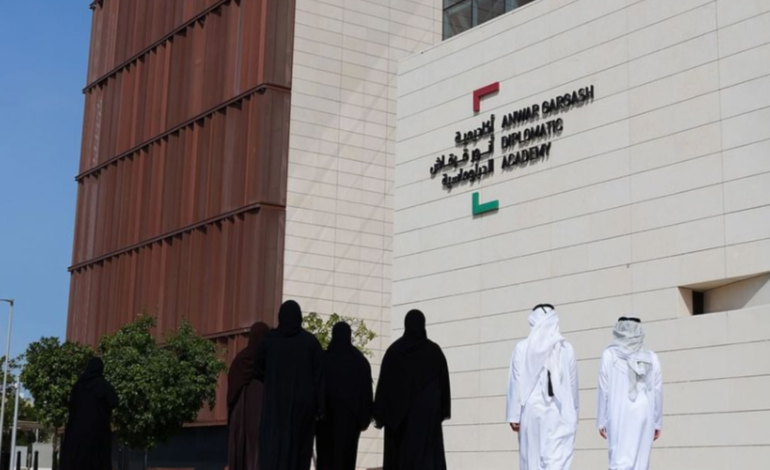
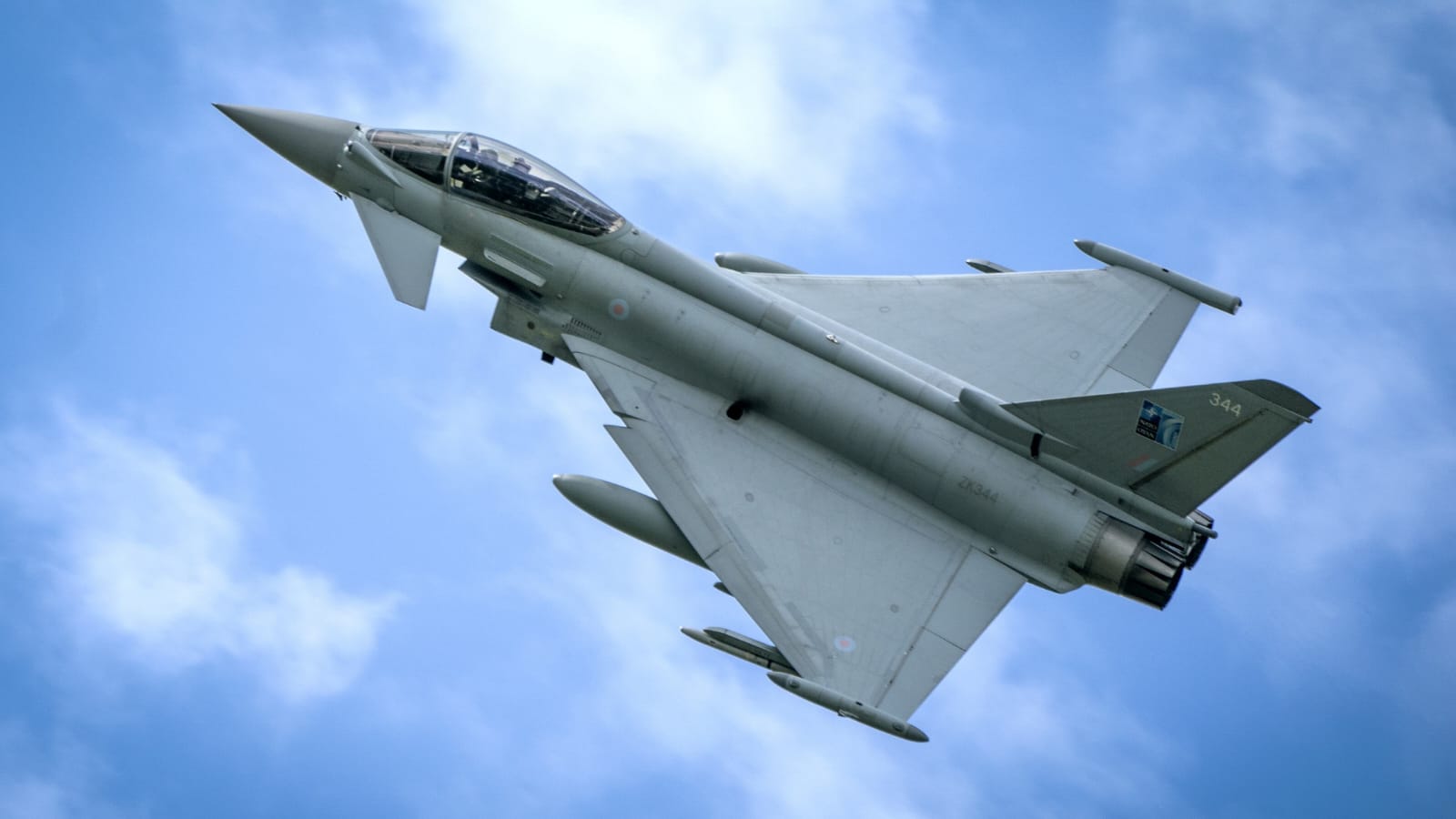
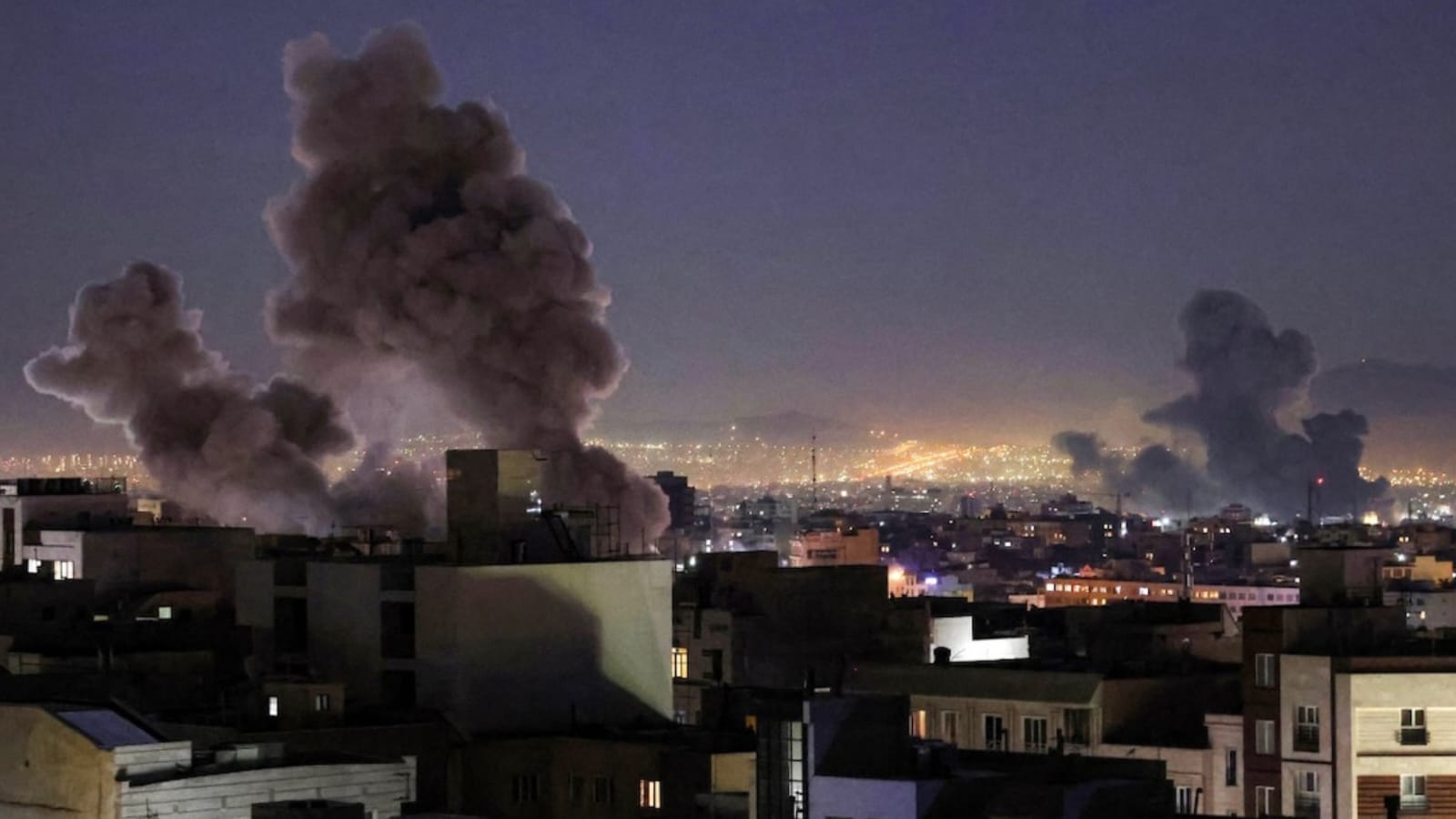
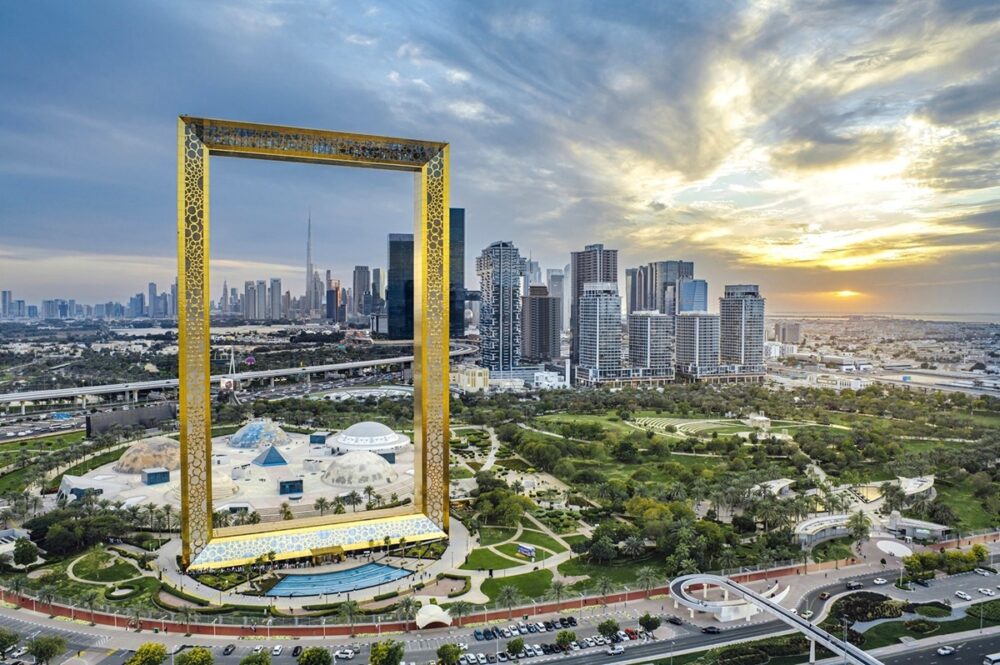
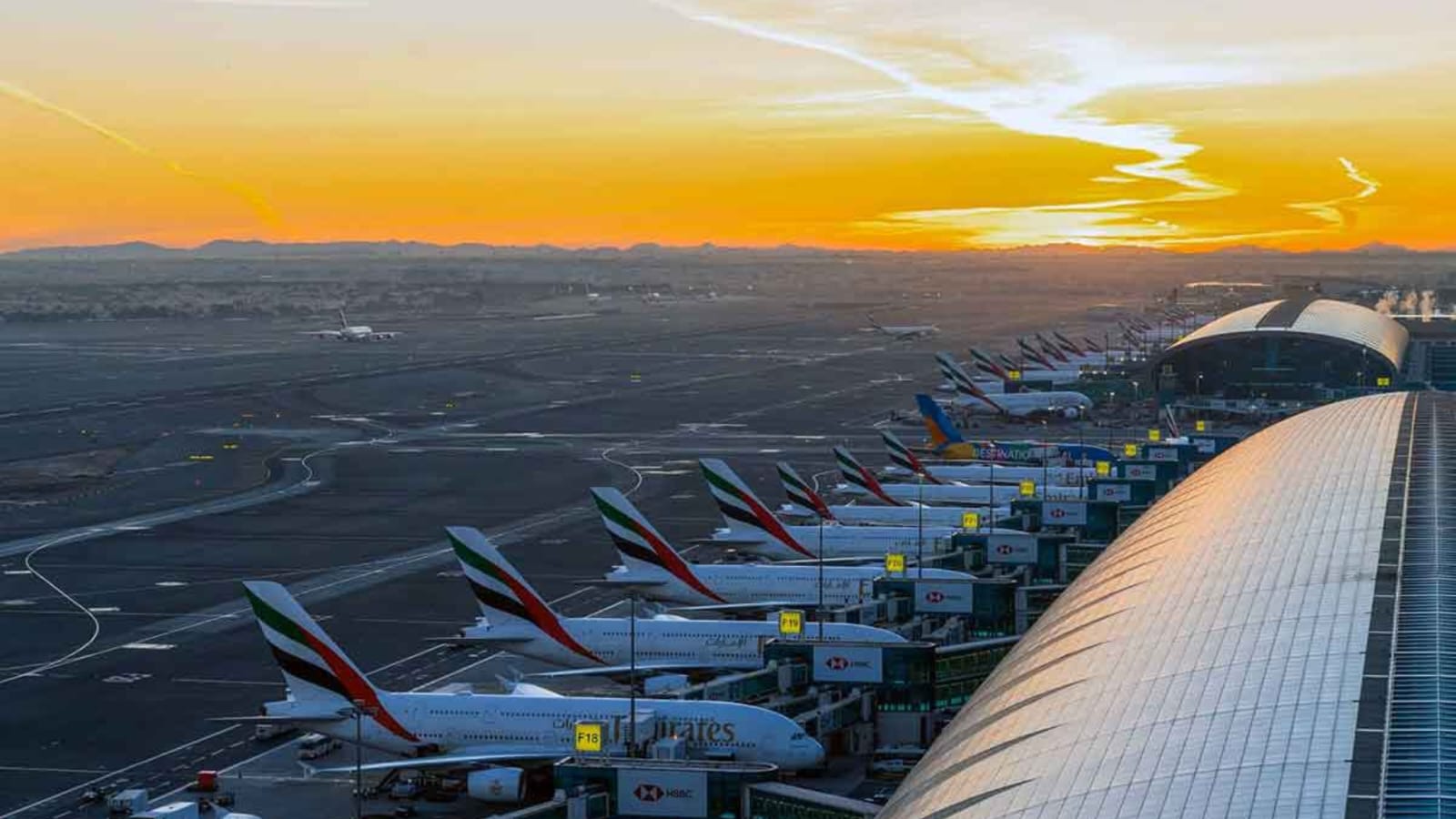

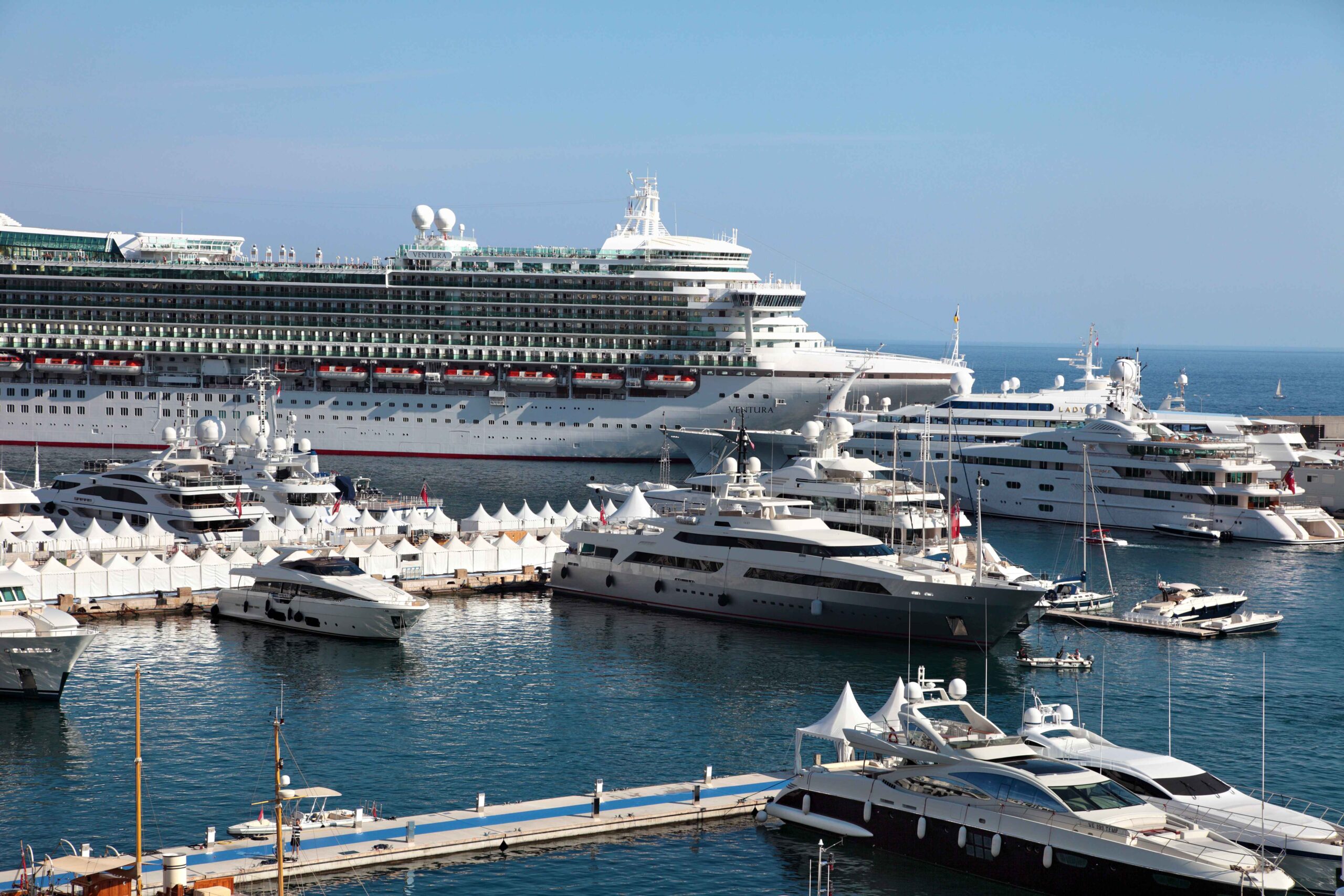
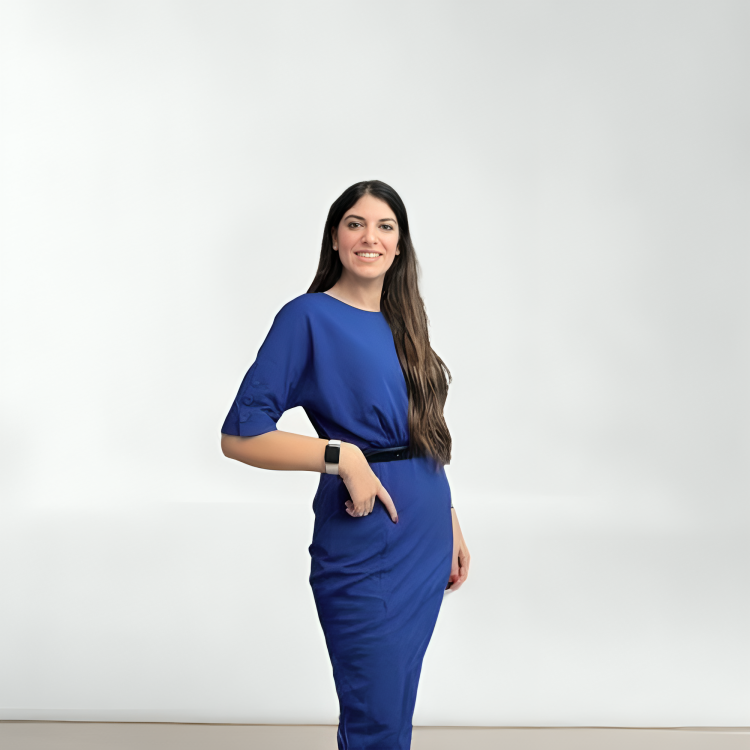
1 Comment
[…] around Arafat Day and Eid Al Adha is more than a spiritual observance—it significantly boosts economic activity across various sectors. Retail outlets, hospitality chains, tourism operators, and airlines often […]
Comments are closed.